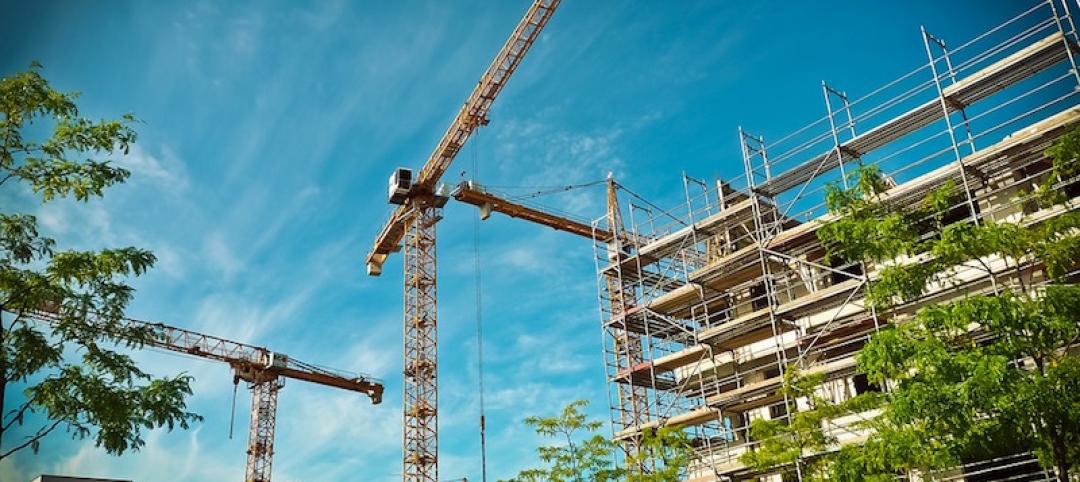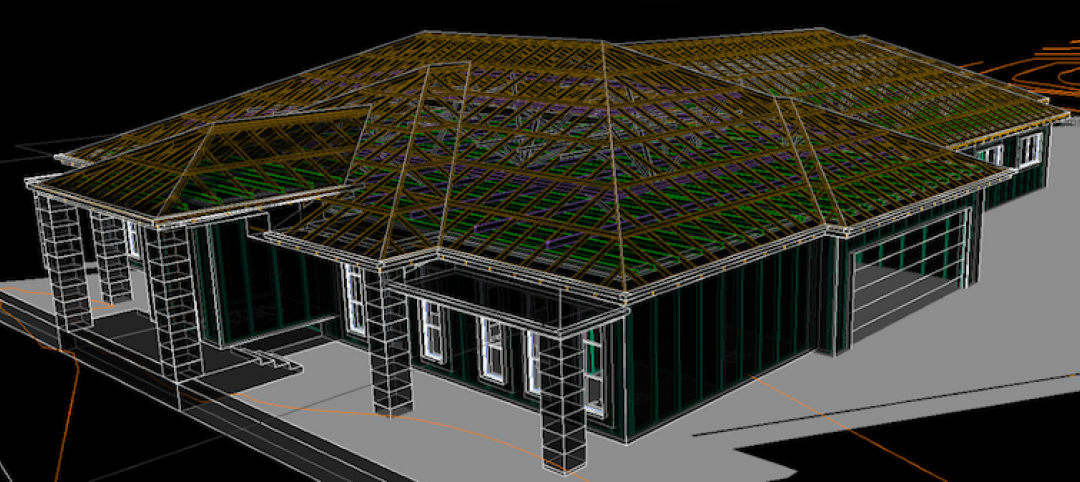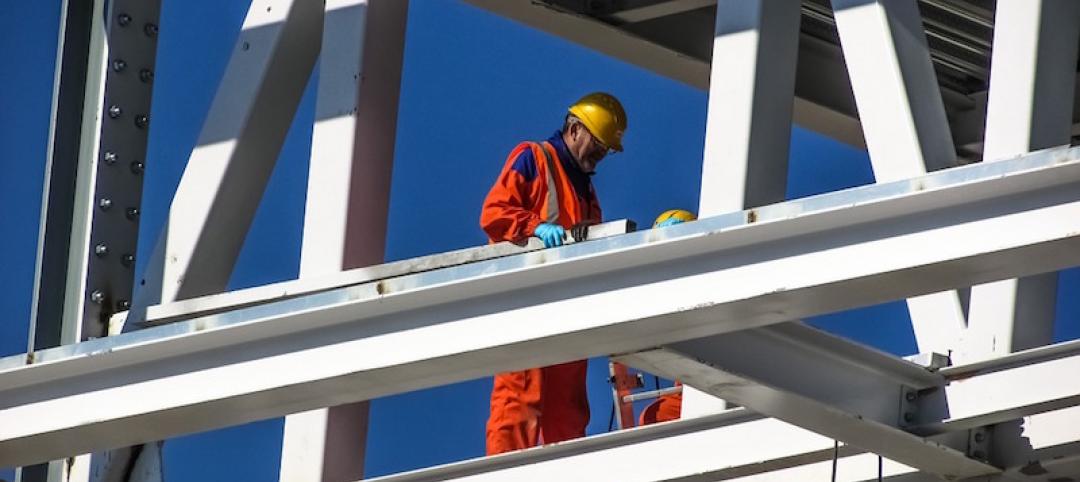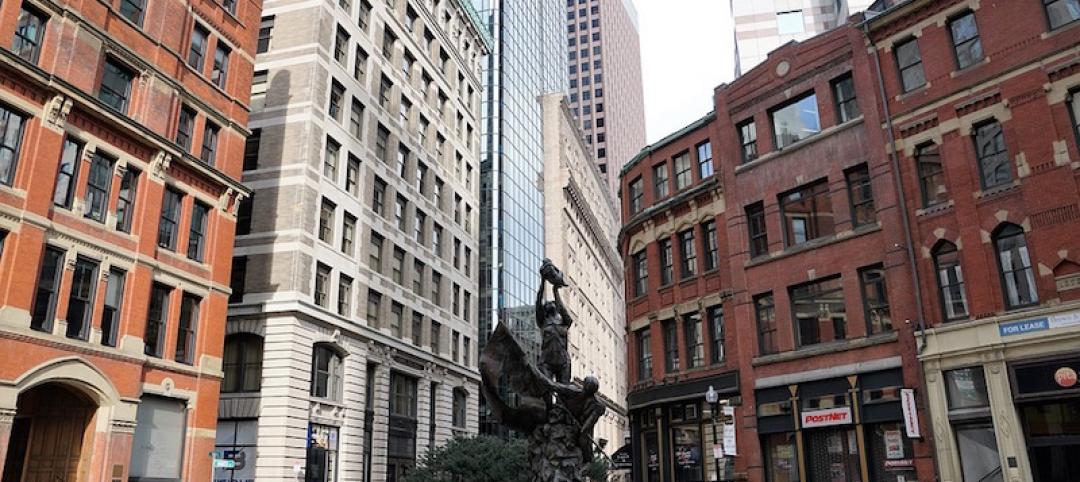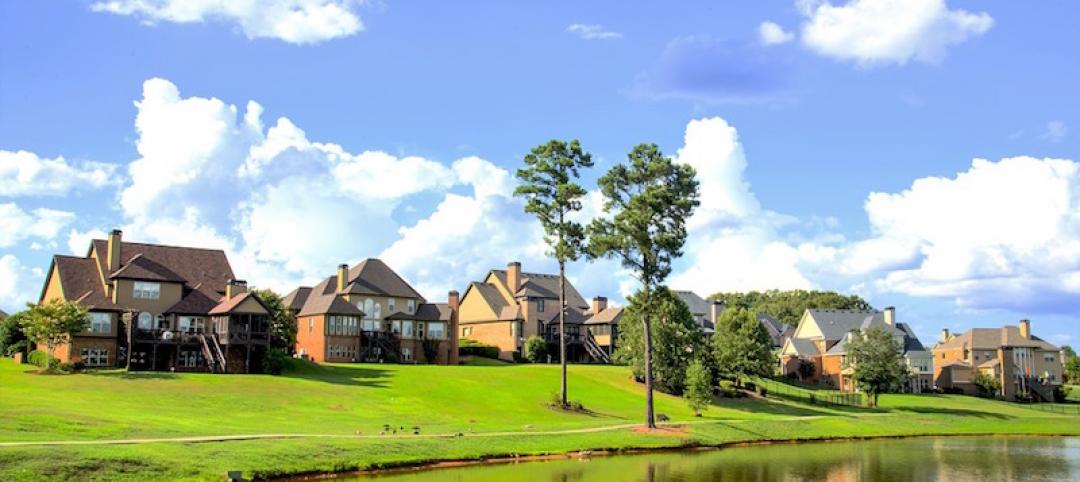The Washington D.C. Council recently passed legislation that will make it more expensive for owners to hold vacant or blighted property.
The Vacant Property Enforcement Act of 2016 reduces the maximum amount of time a vacant property can qualify for an exemption from higher vacancy tax rates. It also closes a loophole that allows continuous renewal of construction permits to qualify for tax exemptions, and require owners of vacant properties to prove they are no longer subject to the higher tax rates.
"The District has a substantial number of vacant properties, many of which are poorly maintained,” the bill report says. "Property owners may keep their properties vacant or fail to maintain them because they expect property values to rise over time. Poorly maintained and vacant properties can damage surrounding communities by being eyesores, by serving a venue for drug use and by providing a home for rodents or other animals. The net effect is to reduce the feeling of a cohesive community and depress surrounding property values."
The legislation reduces the time an owner can claim an exemption from higher taxes because of construction to one year for residential properties and to two years for commercial properties. Fines for failing to comply with city property regulations will rise from $1,000 to $5,000.
Related Stories
Codes and Standards | Jan 16, 2017
Building codes for existing buildings evaluated in new white paper
The paper examines implementation, enforcement challenges, and changes needed in new code editions.
Codes and Standards | Jan 13, 2017
New BIM guide for owners released
National Institute of Building Sciences releases a manual for developing standard set of BIM documents.
Codes and Standards | Jan 11, 2017
OSHA prompts more proactive approach to construction site safety
Remote operated camera systems are being used to mitigate risk in real time.
Codes and Standards | Jan 10, 2017
Plunging solar power costs making PVs more compelling for owners, developers
Technical and manufacturing advances are driving down prices.
Codes and Standards | Jan 9, 2017
Boston’s plans for new development at odds with flood projections
One plan calls for building in areas predicted to be flooded during high tides as sea levels rise.
Codes and Standards | Jan 9, 2017
New LEED for Cities, LEED for Communities pilot certifications unveiled
Requires tracking of performance data and progress toward goals.
Codes and Standards | Jan 9, 2017
China claims top ranking outside of U.S. for total LEED-certified space
Canada, India, Brazil, and Korea round out top 5.
Codes and Standards | Jan 6, 2017
OSHA prompts more proactive approach to construction site safety
Remote operated camera systems are being used to mitigate risk in real time.
Codes and Standards | Jan 5, 2017
2018 building energy code upholds efficiency gains
Efforts to scale back efficiency requirements largely defeated.
Codes and Standards | Jan 4, 2017
Low-income housing doesn’t lower neighborhood housing values
A Trulia study contradicts longstanding fears.



